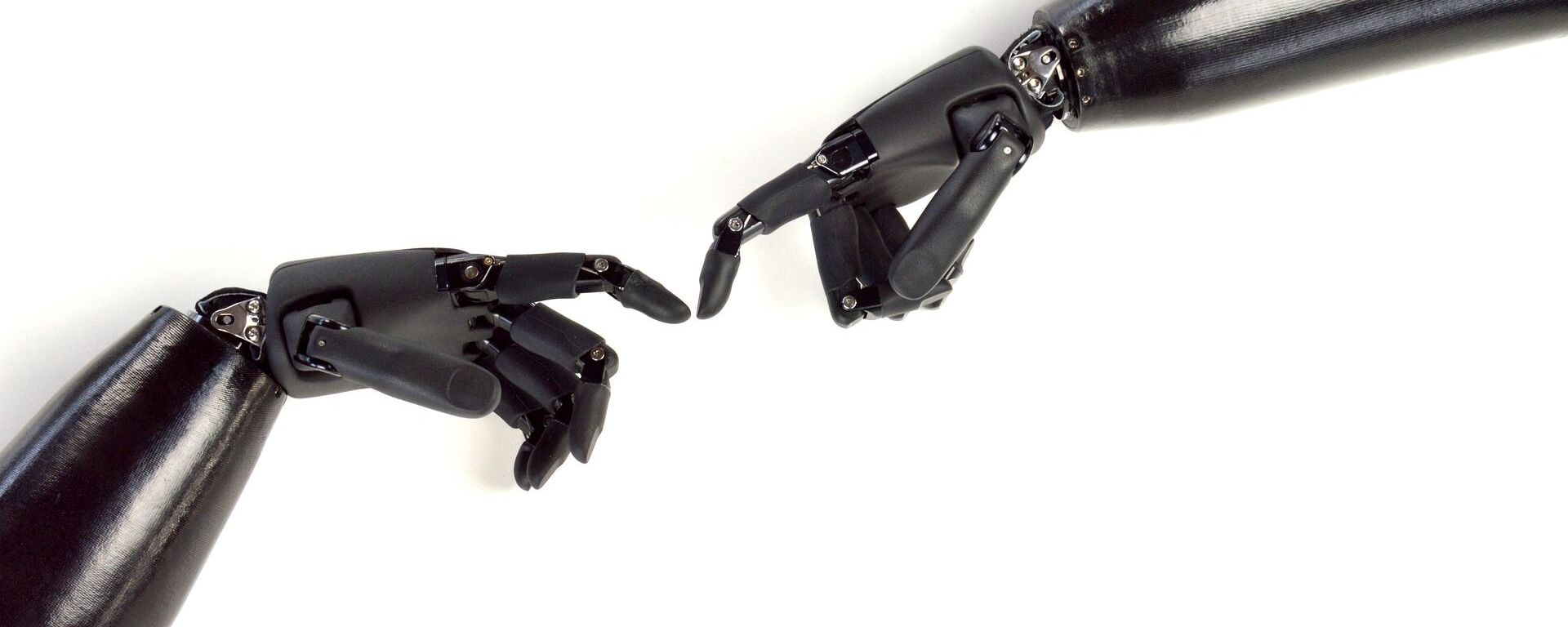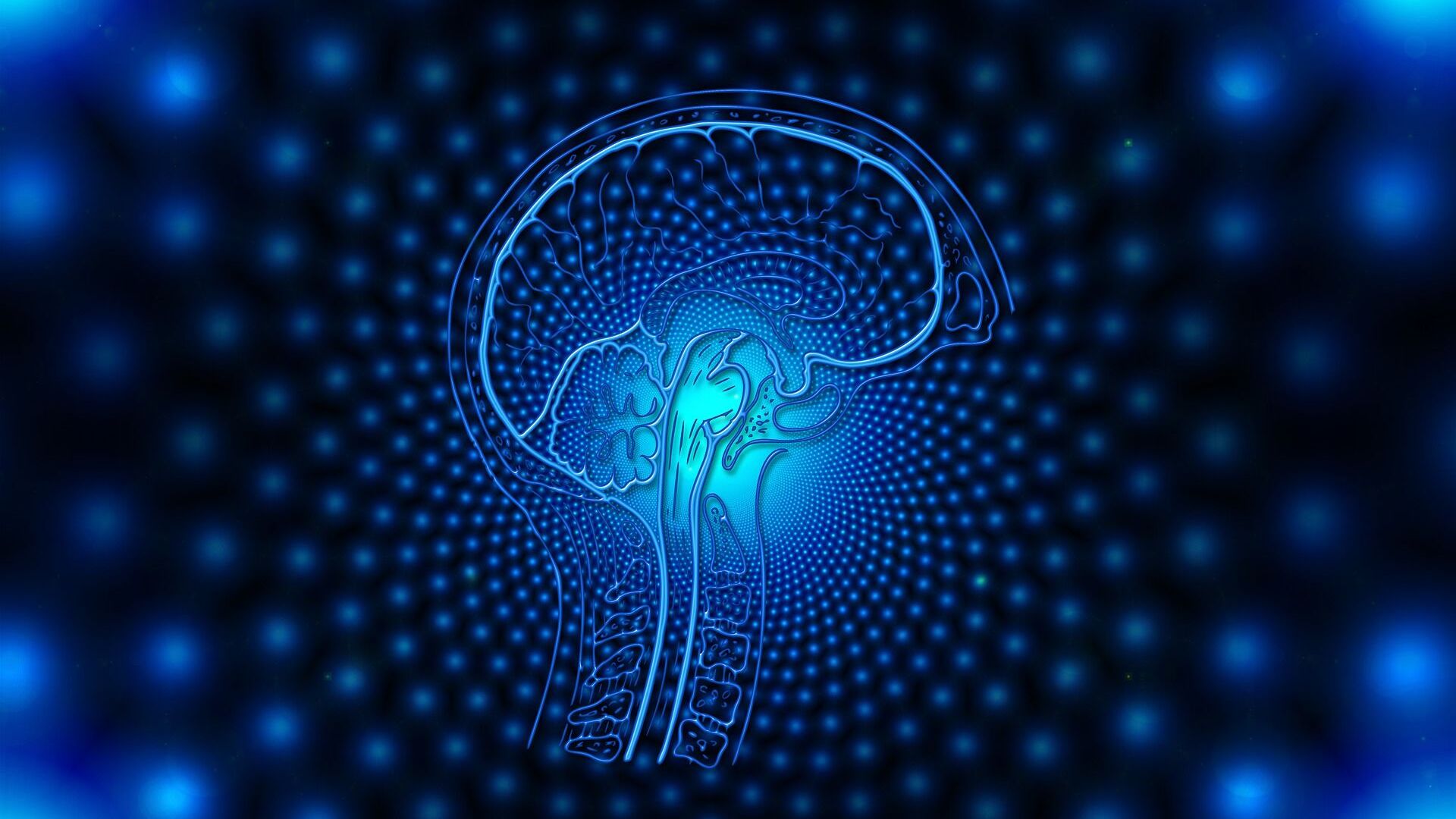https://sputnikglobe.com/20230301/new-frontier-scientists-lay-out-plan-for-building-ai-using-human-brain-cells-1107912980.html
'New Frontier': Scientists Lay Out Plan for Building AI Using Human Brain Cells
'New Frontier': Scientists Lay Out Plan for Building AI Using Human Brain Cells
Sputnik International
A group of scientists have proposed basing a new type of artificial intelligence on the very material it is intended to equal: cells from a human brain.
2023-03-01T16:45+0000
2023-03-01T16:45+0000
2023-04-21T10:43+0000
science & tech
artificial intelligence
human brain
johns hopkins university
https://cdn1.img.sputnikglobe.com/img/07e5/06/05/1083080286_0:100:1921:1180_1920x0_80_0_0_20146ed5196d2a3712538ad68fc212b8.jpg
The effort is based out of Johns Hopkins University in Baltimore, Maryland, but coordinated with scientists from around the world. They published their argument for the effort recently in Frontiers, a peer-reviewed journal based in Lausanne, Switzerland.Their idea is to use “organoids,” or 3-D cultures of human brain cells that replicate brain functions such as learning and memory, and which can form drastically more connections than even the best computer chips.“If we look at how efficiently the human brain operates in processing of information, learning etc, it is tempting to translate and model that to have a system which will work faster and more efficiently [than] current computers,” she added.Their study found that the human brain can store roughly 2,500 terabytes of information, which is about 1,000 times more memory than the newest MacBook Air laptop. Human brains are also vastly more energy efficient than circuit boards, requiring only “enough power to run a dim light bulb” in order to store an amount of information equivalent to the entire internet, according to a previous study.AI has become a prominent news topic in recent months as several internet companies have introduced competing interactive AI-aided search functions. However, many users quickly managed to find faults with the systems, including their ability to understand the nuances of human interaction, as well as some biases put into the system by the programmers.Speaking to the Political Bureau of the Communist Party of China’s Central Committee recently, Chinese President Xi Jinping urged the party to promote extensive science and technical education in children’s school curricula, not just college students, in order to give China an edge in the global “sci-tech revolution.”
https://sputnikglobe.com/20230211/i-doctor-ai-chatgpt-almost-passes-us-medical-licensing-exam--1107338674.html
Sputnik International
feedback@sputniknews.com
+74956456601
MIA „Rossiya Segodnya“
2023
News
en_EN
Sputnik International
feedback@sputniknews.com
+74956456601
MIA „Rossiya Segodnya“
Sputnik International
feedback@sputniknews.com
+74956456601
MIA „Rossiya Segodnya“
human brain cells, build ai using human brain cells
human brain cells, build ai using human brain cells
'New Frontier': Scientists Lay Out Plan for Building AI Using Human Brain Cells
16:45 GMT 01.03.2023 (Updated: 10:43 GMT 21.04.2023) A group of scientists have proposed basing a new type of artificial intelligence on the very material it is intended to equal: cells from a human brain.
The effort is based out of Johns Hopkins University in Baltimore, Maryland, but coordinated with scientists from around the world. They
published their argument for the effort recently in Frontiers, a peer-reviewed journal based in Lausanne, Switzerland.
Their idea is to use “organoids,” or 3-D cultures of human brain cells that replicate brain functions such as learning and memory, and which can form drastically more connections than even the best computer chips.
“The vision of OI [organoid intelligence] is to use the power of the biological system to advance the field of live sciences, bioengineering, and computer science,” Lena Smirnova, a JHU researcher and author on the paper, told US media.
“If we look at how efficiently the human brain operates in processing of information, learning etc, it is tempting to translate and model that to have a system which will work faster and more efficiently [than] current computers,” she added.

11 February 2023, 11:51 GMT
Their study found that the human brain can store roughly 2,500 terabytes of information, which is about 1,000 times more memory than the newest MacBook Air laptop. Human brains are also vastly more energy efficient than circuit boards, requiring only “enough power to run a dim light bulb” in order to store an amount of information equivalent to the entire internet, according to
a previous study.
Using standard computer methods, it would require a nuclear power plant’s worth of electrical output to accomplish the same task.
AI has become a prominent news topic in recent months as several internet companies have introduced competing interactive
AI-aided search functions. However, many users quickly managed to find faults with the systems, including their ability to understand the nuances of human interaction, as well as some biases put into the system by the programmers.
It has also become a field of international competition, with the US and Chinese governments rushing to prop up their burgeoning AI industries. The technology holds wide promise, from the medical field to military applications. Fears that China’s tech sector could slip ahead have prompted Washington to sanction Chinese companies, although US investors are by no means abiding by those attempted bans.
Speaking to the Political Bureau of the Communist Party of China’s Central Committee recently, Chinese President
Xi Jinping urged the party to promote extensive science and technical education in children’s school curricula, not just college students, in order to give China an edge in the global “sci-tech revolution.”


